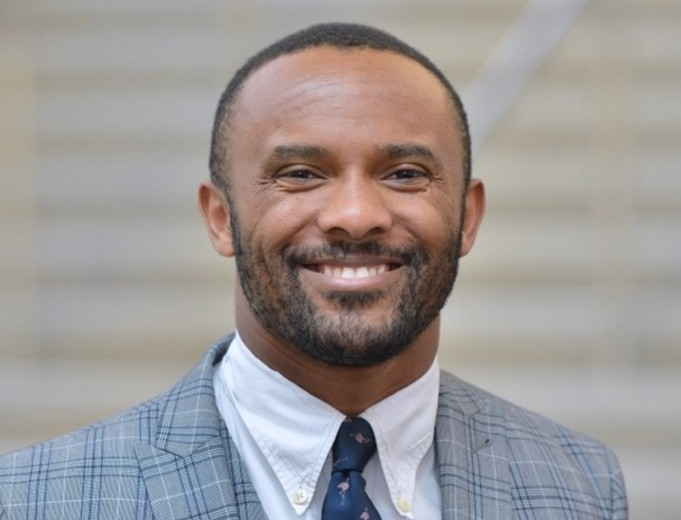
Quincy Ernest: “No One Will Help Me” – A Lesson in Being an Active Bystander
“No one will help me,” my co-worker told me, their voice low, tired—almost resigned. It was 2008, the year of the financial crash, when banks were collapsing, jobs were disappearing, and fear was running through every boardroom and back office. One major bank had just gone under, sending shockwaves through the financial sector. People were losing their jobs overnight. But for my co-worker, it wasn’t just about the economy.
They were the only ethnic minority in their team, and when the layoffs came, they were the first to go. No redundancy consultation, no fair process—just a quiet push out of the door while others, with less experience, were spared. When they approached HR, they were met with cold formalities. The union? Even they hesitated, unwilling to take on a fight that might not be won.
That’s when I asked if I could help. I wasn’t in a position of power. I wasn’t a lawyer. But I had a choice: to be just another bystander watching the inevitable play out – or to be active.
Choosing to Act
At first, I hesitated. It’s easy to look the other way, to convince yourself it’s not your fight. After all, I wasn’t the one losing my job. But the look in their eyes—that mix of frustration, betrayal, and quiet panic—told me everything.
So, I listened. I helped them document every detail, every email, every moment that proved they were being unfairly targeted. I connected them with the right people, guided them through difficult conversations, and helped them prepare for what was coming.
In the end, they chose to leave. No amount of support could undo the decisions already made behind closed doors. But they didn’t leave empty-handed. Instead of walking away with nothing, they secured a compensation package that meant they didn’t lose their home. That security, in the middle of a financial crisis, changed everything for them.
Why We Can’t Stay Silent
I think about that moment often. About how easy it would have been to do nothing—to tell myself it wasn’t my place to get involved. But being an Active Bystander isn’t about having all the answers. It’s about making a choice: to speak up, to support, to stand beside someone when no one else will.
Injustice, in whatever form, thrives on silence. Whether it’s in the workplace, in social settings, or in wider society, change doesn’t happen because people watch—it happens because people act.
Looking back, I don’t regret a single thing. The only regret would have been staying silent.
So, the next time you see someone being treated unfairly, ask yourself: What kind of bystander will I be?






0 Comments